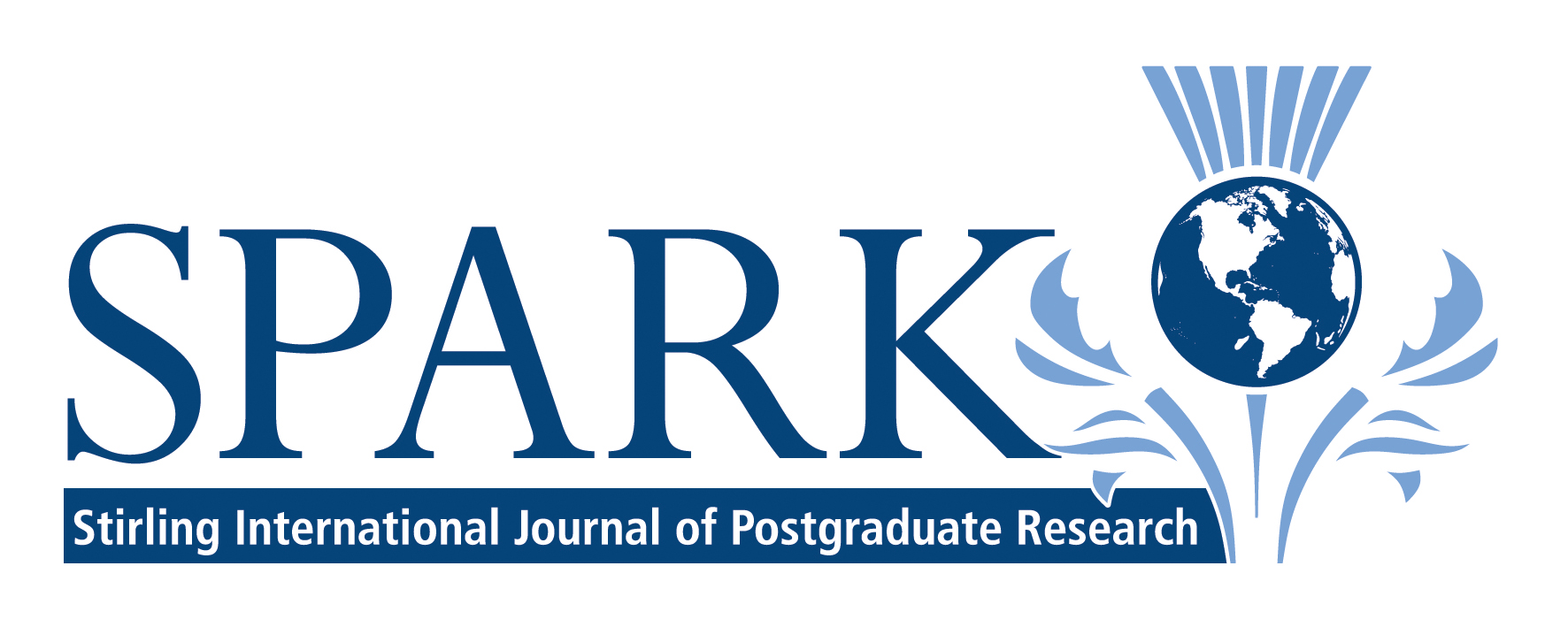Who We Are
We are focused on encouraging and publishing high-quality postgraduate articles and book reviews, which can also help with students’ own research skills and the development of an academic presence within their field of study. Our articles are double-blind reviewed, and our peer reviewers offer in-depth feedback, aimed at providing authors an experience of the submission process that is essential to academic life.
Current Issues
Founded in
A Historical Perspective
From Our Founding Co-Editors
I was so fortunate to be one of the main founders of the Postgraduate Journal for the University of Stirling, in 2011. It started with just an idea which we all took seriously, we were very motivated, cooperative and full of energy, and we managed to make it and we started our first issue! Everyone was extremely helpful and although we came from various disciplines but we managed to join forces and think of the best theme that can encompass all the articles. I contributed to planning for the journal and recruiting postgraduate students who joined the journal team. I arranged with my team members structuring our own templates and guidelines for peer reviewing and copy-editing. I was appointed as the point of communication of the journal. I also allocated tasks and communicated with authors, copy editors and peer reviewers, at this early stage; I remember that we did everything manually, so it consumed a lot of my time and effort too but I enjoyed all these tasks. I also worked with the marketing team in order to enlarge our network. I also liaised with our colleagues in order to plan for the new themes. I remember getting a lot of support from Professor Leigh Sparks who gave us all the courage to start a postgraduate journal and gave us a lot of guidance. I was also one of the peer reviewers and copy editors and at the same time, and prepared some presentations to the new postgraduate students in order to encourage them to join our team and gain similar experience as we did. I am so lucky to be part of this flourishing academic journal which I consider an amazing experience for any researcher or a postgraduate student.Soha ElbatrawyFounding Co-Editor
As co-editor of Spark until 2012, there were so many decisions to take in the first months of the journal’s inception in 2010: should the journal be confined to arts and humanities topics; alternatively, should it have a wide scope to include other faculties; what name should it be given; formatting guidelines; who should be responsible for which task? So many decisions to be taken, not least of which was a timetable for putting out the call for articles; should each edition have a specific theme?
Initially, I put out the call for papers to my academic contacts at universities around the UK and Europe, read submissions in order to select those which most closely focused on our chosen themes, proof read articles chosen for publication and proof read the articles pre publication. Publication of the first issue was so exciting, but there was little time to enjoy the feeling – decisions had to be made and preparations begun for the next issue.
Margot Buchanan
Founding Co-Editor

